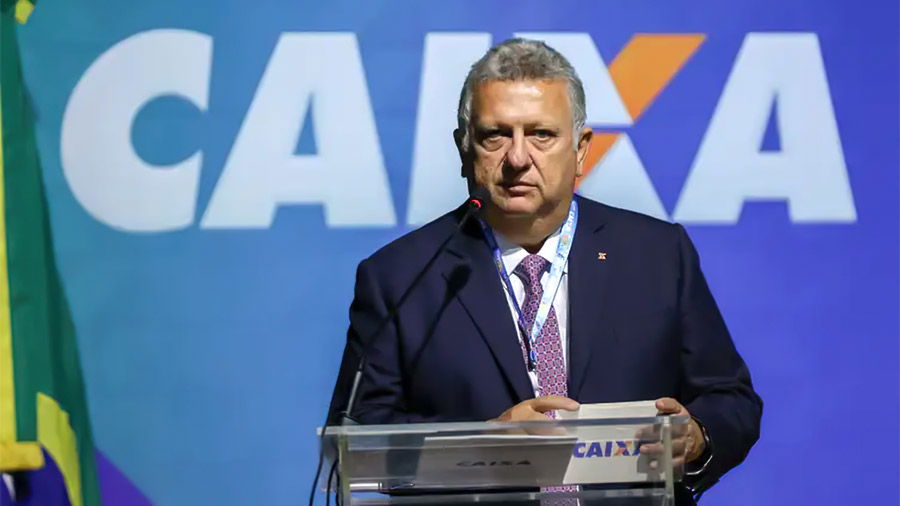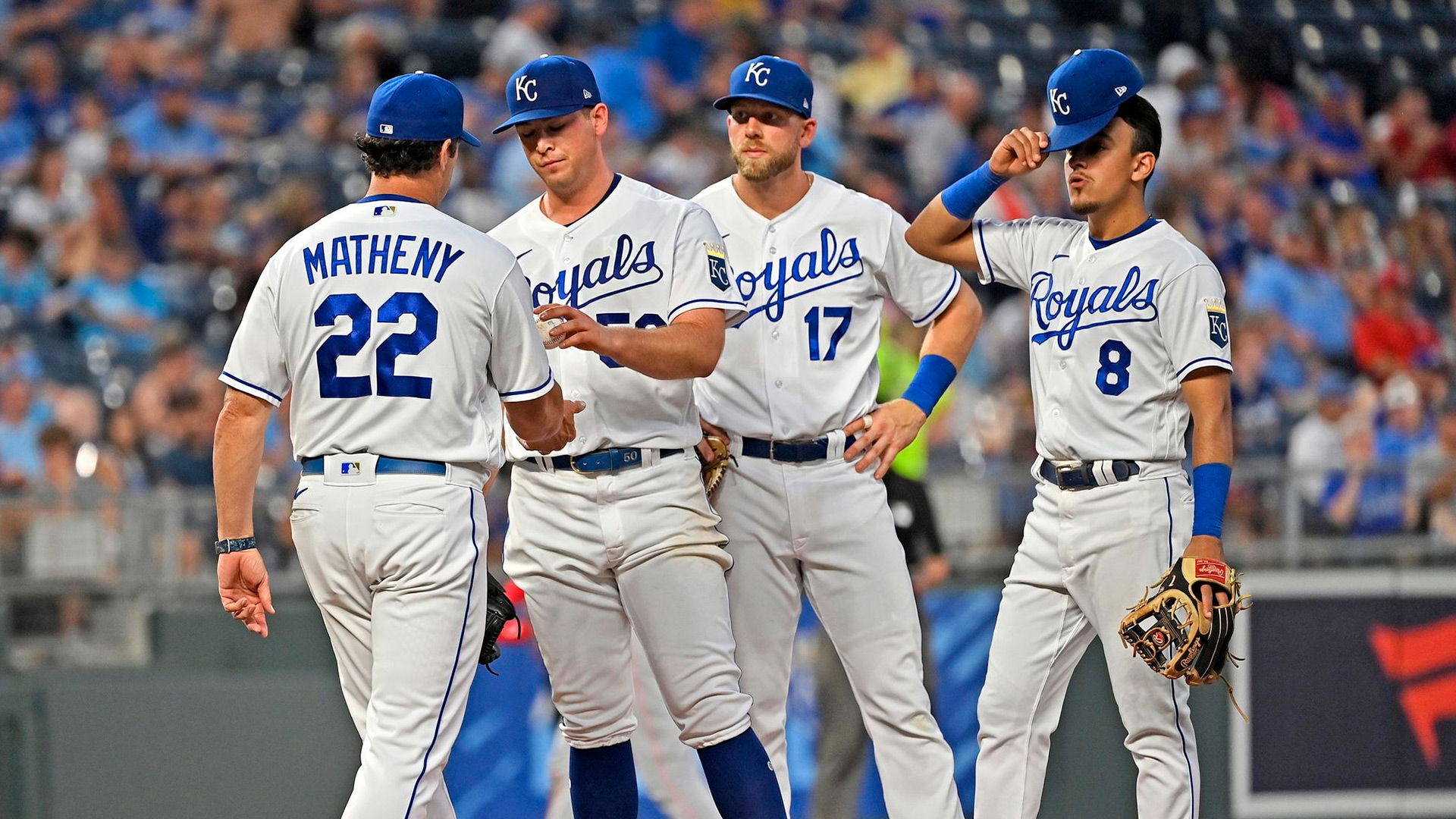Caixa plans betting platform launch for second half of 2025, projects $1.2 billion revenue for 2026

Caixa Econômica Federal is preparing to enter Brazil’s regulated betting market in the second half of 2025, aiming to generate up to R$7 billion (US$1.25 billion) in revenue the following year, according to Carlos Vieira, the bank’s president.
In an interview with Folha de S.Paulo, Vieira confirmed that Caixa had already obtained authorization from the Secretariat of Prizes and Betting (SPA) to operate its own sports betting and online gaming platform. However, progress on the project has been slower than expected due to bureaucratic hurdles associated with state-run institutions.
Despite the delays, Vieira said the bank remains on track to launch the platform later this year. He anticipates that betting operations could bring in R$2 billion (US$360 million) in 2025 and increase significantly in 2026.
“The expectation is for the second half of the year,” said Vieira. “Caixa has been in the gaming world since 1966. We’re taking great care to do this thoroughly, with oversight from regulatory bodies.”
In 2024, Caixa reported R$26 billion (US$4.7 billion) in total gaming revenue from its traditional lottery operations, nearly half of which was distributed in the form of taxes. With the addition of a digital betting arm, the bank expects overall gaming revenues to rise substantially. Vieira estimates that total national gaming revenue could exceed R$35 billion (US$6.3 billion) to R$40 billion (US$7.2 billion) next year.
The new platform would mark Caixa’s entry into a rapidly expanding segment of Brazil’s regulated gambling market, which is drawing increasing interest from both domestic and international operators following the implementation of a formal licensing system.
Addressing concerns about the social implications of expanded betting access, Vieira stated: “We promote responsible gambling. We’ll invest heavily in awareness campaigns. We have monitoring tools to track social behavior around this."
Vieira acknowledged that gaming can carry risks but argued that regulation and education are more effective solutions than prohibition. “There’s gambling all over the world. What we need to do is educate society so it understands and adopts what we call responsible gambling," he stated.

















































